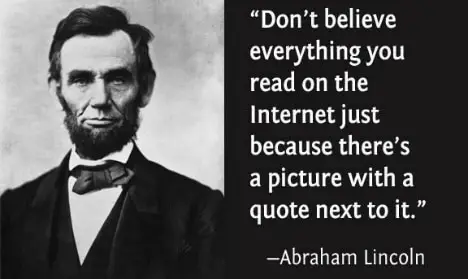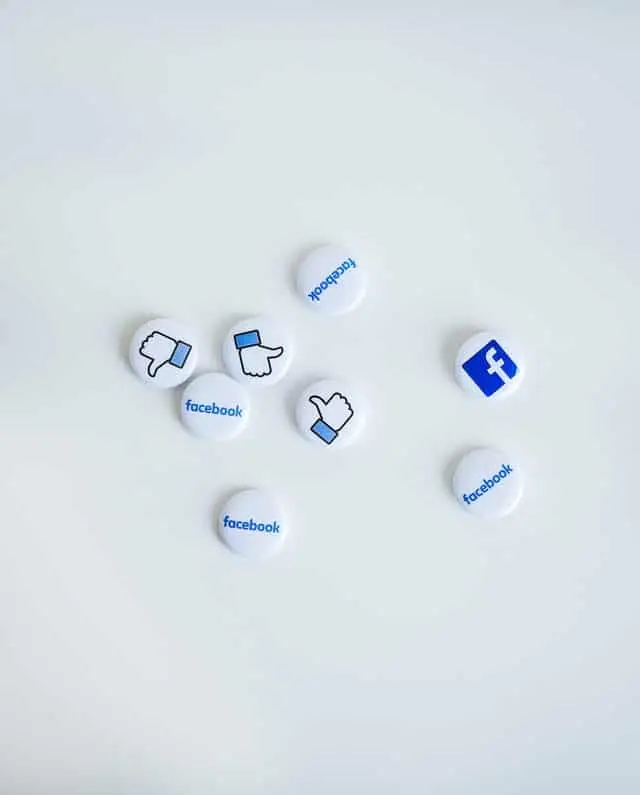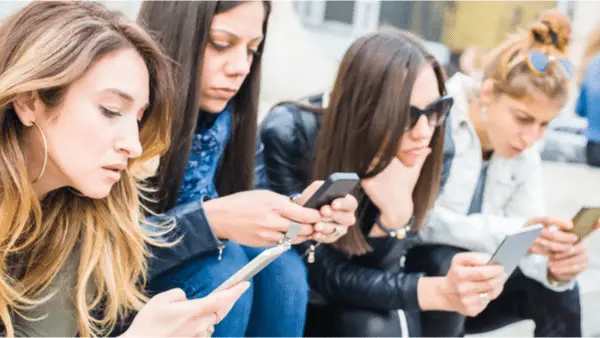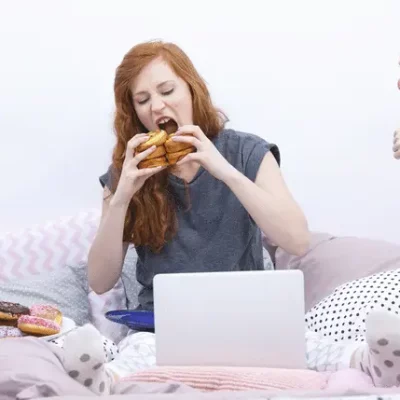We can most often say, social media has multiple effects on self image. It’s easy to start questioning our worth and relevance when we expose ourselves so vulnerably. And it’s even easier to fall into the habit of checking it constantly. Before you know it we are obsessed with likes and views.
Well, hopefully not, but for those of us who are…. buckle up.
Social media effects on self image
There is a clear indication that social media can contribute to eating disorders and a whole box of other mental health issues like depression, anxiety, and insomnia.
Social media is a place where people all around the world can interact with one another. Music, travel vlogs, food pictures, cat videos, and workout routines are a mere fraction of the content that you can find online. Apps like Instagram, YouTube, Facebook, and Twitter have been growing in popularity, as more people use the apps. And they evolve, spawning new innovative apps like TikTok.

However, just as Abraham Lincoln appears to have said in this quote, not everything on the internet can be trusted.
There has been an increase in pressure to show people our best personas.
Photoshop, Facetune, and other platforms have dedicated features to slimming your body and filtering features. This has made people question how beneficial such platforms can be.
Are they ethical? People are beginning to believe that there is a connection between social media use and eating disorders.
Social Media trends that may influence self image
In recent years, usage of social media has increased greatly. According to Pew Research Center, in 2019, 90% of people aged 18-29 use at least one social media platform, with 82% of people aged 30-49 following closely behind. YouTube, Facebook, and Instagram are the most frequented social media platforms.

Many of these platforms use features to show that you like specific content (likes, comments, following/subscribing).
There are many benefits to social media.
- connecting with friends and family
- staying updated on current events
- showing your interests and music taste to others
- showing your creative side
- learning about old and new hobbies
- finding like minds
There are also drawbacks of frequenting your favorite platforms.
Technological tools like filters and Photoshop have become more advanced. It’s harder to detect altered images from their original photos. So, we continue scrolling and liking images, unaware of production.
This often leads to a certain image of what a “perfect” lifestyle should look like.
Controversy surrounding social media effects on self image
49% of people on social media alter their images before they upload online.
They know what it takes to get the results they need to receive mass views.
An example….
Facetune has requirements for what counts as aspirational:
- users with the biggest eyes
- voluminous lips and butt
- the smoothest skin
- waspiest waists
They rewarded with likes, which can then translate into cash. It’s given rise to an uncanny sameness in many influencers. A phenomenon known as “Instagram Face”. “
When you feel pressured to fit in a certain niche in terms of appearance, it can be detrimental to mental health and self-esteem.
Concerns over social media usage and eating disorders have been under study and scrutiny. Although social media does not necessarily cause eating disorders, it can be a contributing factor to developing an eating disorder.
An article from the National Center for Biotechnology Information states, “The factor exerting the strongest pressure to be thin was the media. Despite the fact that these adolescent girls clearly articulated a desire to be thinner, they also described how this did not necessarily mean they were dissatisfied with their bodies. “
The authors found that the girls had a surprisingly well-developed understanding of the media and its possible role in influencing self-image.”

There is a balance between scrolling through images on social media and understanding that the images you see on one’s profiles are not necessarily representative of the person’s whole life.
Promoting unhealthy diets can spawn mental health issues
On the flipside, there has also been an increase in “Instagrammable” food trends. From mammoth sugary milkshakes, decorated with chocolates, whipped cream, sprinkles, and more, to giant burgers, topped with three different cheeses, bacon, and extra sauce, promote a gluttonous eating habit.
An article from Forbes, referencing a study from UConn Rudd Center for Food Policy and Obesity writes, “”It’s probably not a coincidence that the brands that teens engage with the most on social media are the same ones that spend the most to target them with advertising messages designed to make their products seem fun, cool and daring,” said Dr. Jennifer Harris, one of the study’s authors, via a statement.”
Take Control Over What You Feed your Feed (Algorithm Cleanse)
Apps like Instagram and YouTube use algorithms to determine what sort of content to recommend on your feed. Now this part is important, so stay with me….
To illustrate, if you spend a lot of time looking at, liking, saving, and commenting on posts revolving around hamster memes, Instagram’s algorithm will be able to recommend posts and accounts tailored to what you may like. In this case, hamster memes.
Similarly, if you follow accounts and like posts about unhealthy diets and photoshopped, before-and-after workout photos, you are more likely to be recommended such content.
YouTube is able to collect data, including your search history, your watch history, your watch time, the ads you watch, and your location. Based on the videos you have watched and liked, YouTube’s algorithms can then recommend other videos and ads that relate to your preferences.
All of this data is sent to a Google server farm, where equipment looks at the clicks you made on their site and decides which server should respond. It should be noted, however, that no one knows exactly how YouTube’s algorithms work. In a recent interview, CEO Susan Wojcicki said
that YouTube’s algorithm is extremely complex. The more content you make in a genre, the more that sort of content will be recommended to you.
By unfollowing accounts that are detrimental to your self-esteem or platform users that encourage potentially unhealthy diets, YouTube and Instagram’s algorithms will adjust and recommend other content.
If Things Don’t Get Better, Seek Help
Even after going through a feed cleanse, you may still feel as though the influence of such posts linger. If self-esteem issues or a potentially threatening diet pose a threat to your mental or physical health, it is then time to seek help from others. Talking to trusted friends and family
members, deciding to seek further help, and confiding in a professional are all ways to help combat and overcome negative feelings from social media.
Professionals like the team at Makin Wellness are available to help you with whatever situations you may be going through. If you’d like to find out more information about therapy sessions, please visit www.makinwellness.com

Associate Outpatient Therapist








